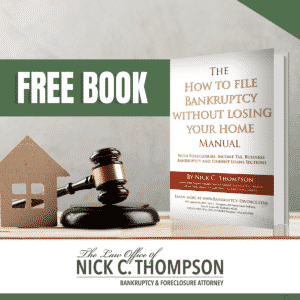In regard to student loan hardship repayment plans, there was once a requirement that people first attempt an Income Contingent Loan Repayment Plans (ICRP). However, that was overruled in Kentucky. I refer you to Circuit Barrett v Educational Credit Management Corp 487 F 3rd 353 2007 where a medically disabled person was asked by ECMC to first attempt an ICRP before qualifying for a hardship discharge.
Three studies show that when a debtor asks for an undue hardship discharge, 50% of the time he is given one. Even if the entire debt is not discharged, a partial discharge that eliminates 50% to 90% of the debt is possible.
Still, it is still important to show the court that an individual has made every effort to repay the debt. In fact, this is a requirement of the Student Loan Brunner Test. However, in almost all of the cases below, there were other reasons for the denial.
 Student Loan Hardship Repayment Plans
Student Loan Hardship Repayment Plans
⎆ Cases pertaining to student loan hardship repayment plans
In re Birrane, 287 B.R. 490 (B.A.P. 9th Cir 2002)
The debtor’s failure to file for an Income Contingent Repayment Plan under the William D. Ford Consolidation Loan Program is a factor in consideration of whether the debtor made a good faith effort to repay her loans.
In re Archibald, 280 B.R. 222 (S.D. Ind. 2002)
The Court had no problem in denying a hardship student loan discharge to a Debtor with $98,000 in student loan debt for a 48-year-old debtor, she only had $13,000 in personal income, her companion earned more than $100,000, she had not made efforts to maximize her income, had large discretionary expenses, and had not made a good faith effort to avail herself of consolidation repayment options.
In re Block, 2002 WL 220654 (Bankr. W.D. Mo. 2002)
Student loans were determined to be non-dischargeable due to the availability of an income-contingent repayment plan.
In re Thoms, 257 B.R. 144 (Bankr. S.D.N.Y. 2001)
The Court ruled against undue hardship because, because the debtor did not attempt to restructure her student loan debt before filing for bankruptcy along with other reasons.
 Resources for Student Loans
Resources for Student Loans
Hardship Discharge Student Loans • Video
Bankrupt or Discharge Student Loans • Video
How to Stop Student Loan Wage Garnishment
Current Student Loan Interest Rates
How to Stop Student Loan Collections and Garnishments with Bankruptcy
Student Loan Discharge Through Bankruptcy
Do you need help managing your student loan? Contact my office right away to start the conversation. Nick C. Thompson, Attorney: 502-625-0905.

 Student Loan Hardship Repayment Plans
Student Loan Hardship Repayment Plans

